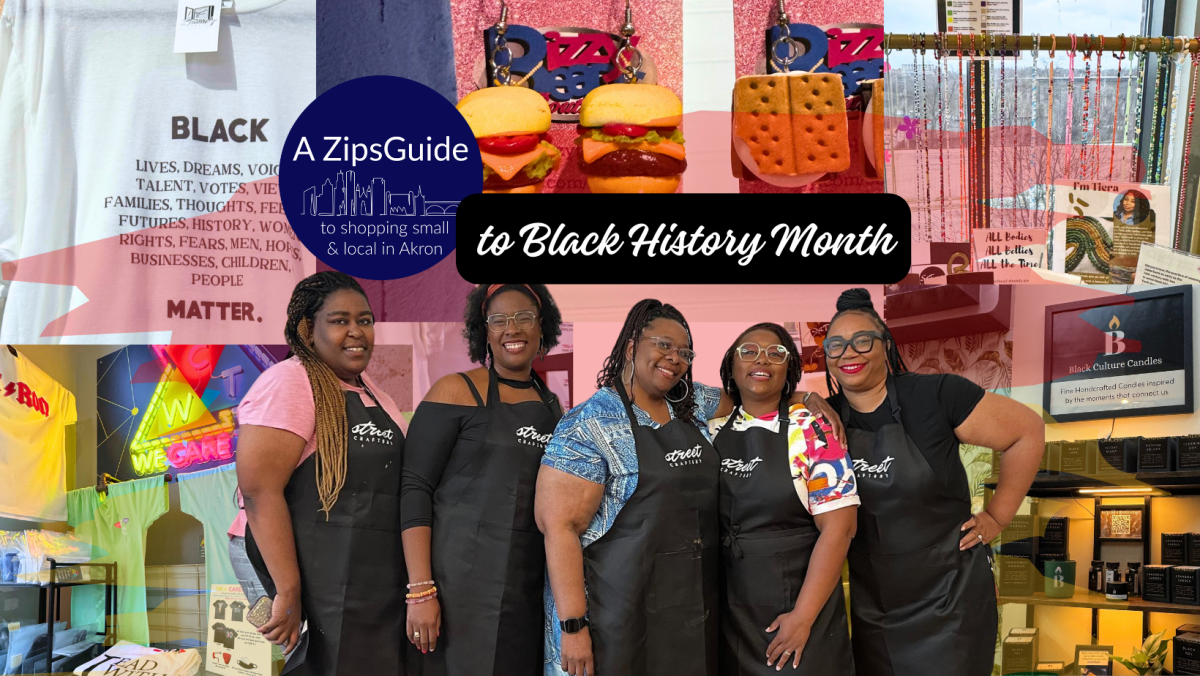How passions, values, and goals shape your career
September 23, 2015
If your interests and values are well-matched to your field of study, then you are likely to be happy and successful. But for many students, interests change over time, passions are discovered or lost, and the old job may no longer seem such a good fit. If you are in this position, a good starting point is to set aside some time to describe the person you are now and your dreams for the future, and to clarify some goals.
This will generate emotional responses and lots of ideas, some comfortable, some not. Perhaps issues and feelings you thought were long gone or that you have not recognized before will rise to the surface, so proceed gently and at a pace that works best for you.
What are you passionate about?
Really concentrate on what inspires you. The more you know about what drives you, the better decisions you will make about changing direction. Good questions to ask yourself include:
- What would you do for free? This focuses your attention on the big things that matter in your life.
- What might you regret not doing in life? Is there something that you always wished you had done?
Knowing your values
There are two types of values that you will experience in your lifetime.
Values are principles that you hold dear. Unlike passions, they rarely change. They determine your sense of self and help you better understand what is right for you in situations requiring moral judgement.
Variable values are the ones you most likely focus on when deciding or thinking about changing your field of study. These values often change depending on how your classes are going and what the job market looks like now and once you graduate. For example, many students are driven by the concept of wealth, and as they advance in their classes, they realize that balancing several more years of study with making time for their families, may well become more important.
Defining your values acknowledges what is really important to you. There are no “right” or “wrong” values, just different ones. Finding the happy medium should be your optimum goal while an undergrad.
Good questions to ask yourself as a way to uncover or define your values include:
- When were you happiest and what was driving that happiness? Think about your personal life as well as your internship, involvement, and volunteer experiences.
- When were you the most fulfilled and satisfied and what contributed to this experience? By answering this as honestly as you can, you will uncover what gives your life and decisions meaning. Perhaps your satisfaction levels were highest when you managed a group project among your internship colleagues, or perhaps they soared when you volunteered well over 100 hours one summer at a non-profit and it was a philanthropy that was fulfilling for you.
Your answers will indicate a list of values. Try to choose your top five. These are the values that you will need to keep in mind when deciding if you have chosen the right field of study and down the line, the kind of job you want to pursue.
Examples of values might include things like:
- balancing family, friends, experience, and social aspects of my life
- helping others, either individually or in groups
- learning from others
- developing ideas, plans, and programs
- determining my own work schedule and priorities
- working in a team to achieve outcomes
- managing others and directing their flow of input and activity
- enjoying close personal relationships in class, campus groups, and at work
- competing with others to achieve results
- sticking to a routine and being able to predict the structure of my working day
- responding to frequent change
- studying to enhance knowledge outside of the classroom and career prospects
Setting goals
Goals are different to passions and dreams. But, as we have seen above, passions and dreams are very important as they set you on the road to achieving goals. Ask any successful person about why they set goals and they will tell you that setting goals is the key to get the most out of life. Achieving goals means feeling good about yourself and your role in your family and community.
As you have probably done before, you can set goals about practically anything:
- consider getting more involved on campus, in pertinence to your major
- seeking further experience by attending job fairs and networking events
- leisure pursuits and interests
- health, fitness and personal well being
- relationships with family, friends, colleagues, and even professors
Goals change over time as you:
- find out more about your likes and dislikes
- find out more about your talents and interests
- gain more experience
- read, talk about and research your future.
As students, it is important to keep in mind that the work you put in today will pay off tomorrow. Many students will major in one field and realize that there are opportunities for them within several other industries. For example, mechanical engineers can work in design companies, factories, universities, or in laboratories, down mine shafts, or as overseas volunteers, as well as many other places. Likewise, students who study culinary can work in hospital kitchens, cafes, or five-star restaurants, for film crews or the army, on cruise ships, or as trainers. Workplaces influence how you experience a particular occupation and it does not hurt to take into consideration the endless possibilities.
When you have a clearer idea of what exactly you want to pursue post graduation, write down the steps you need to take now, while a student, to achieve it.
Lastly, do not be afraid to change your major several times or even your goals. You will continuously be maturing, learning, and changing and so will they. It is important to review your goals from time to time and revise them as you gain experience and your interests develop. The goals that you set today are only a record of what you want to achieve now. The same goes for your mindset. If you are keeping in mind the importance of what you are pursuing now as a student and how it will benefit your career, it will indicate you have been proactive all along.











